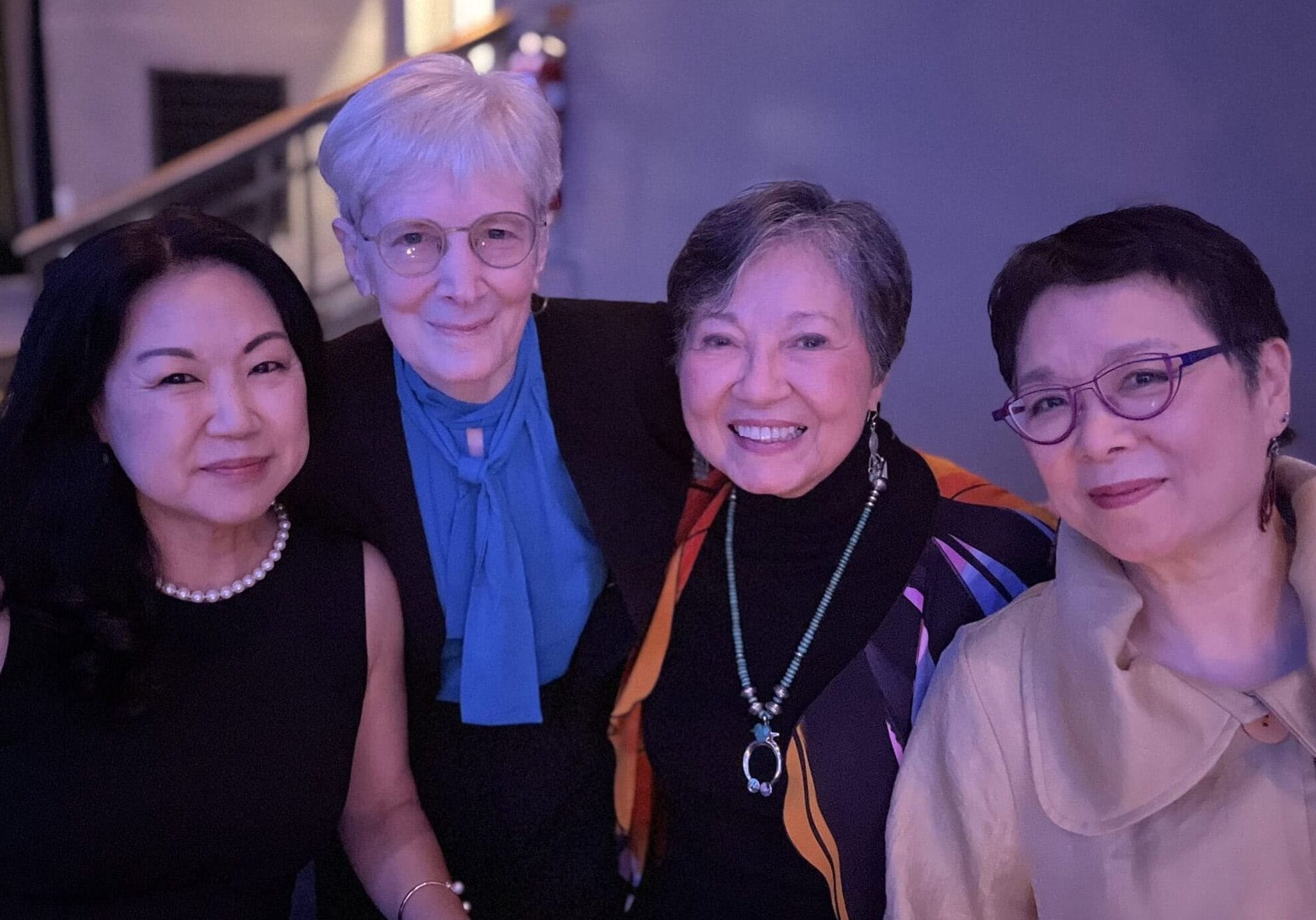Our Mission & Values
Our mission is to foster excellence in the academic study of religion and enhance the public understanding of religion. We are committed to promoting academic excellence, professional responsibility, free inquiry, critical examination, diversity, inclusion, respect, and transparency within the academic study of religion and in our own work.
Governance & Staff
As a membership organization, AAR is governed by its members. Elected leadership groups include the AAR Board of Directors, five committees of the board, and numerous working groups, juries, committees, and task forces. A 15 member staff supports the AAR's programming and operations.
AAR Board of Directors
Committees and Working Groups
Policies and Key Documents
Board Statements and Endorsements
AAR Regions
AAR Staff
The History of AAR
In existence since 1909, and incorporated under its current name since 1964, the AAR is the largest learned society and professional association for the academic study of religion.

Contact Us
For more information about becoming a member, available volunteer opportunities, programming, publications, or other questions, please contact us.

For the Press
We love to connect experts with journalists, offer resources for members of the press, and aim to facilitate meaningful reporting about religion and religious studies events. Please contact us for more information.